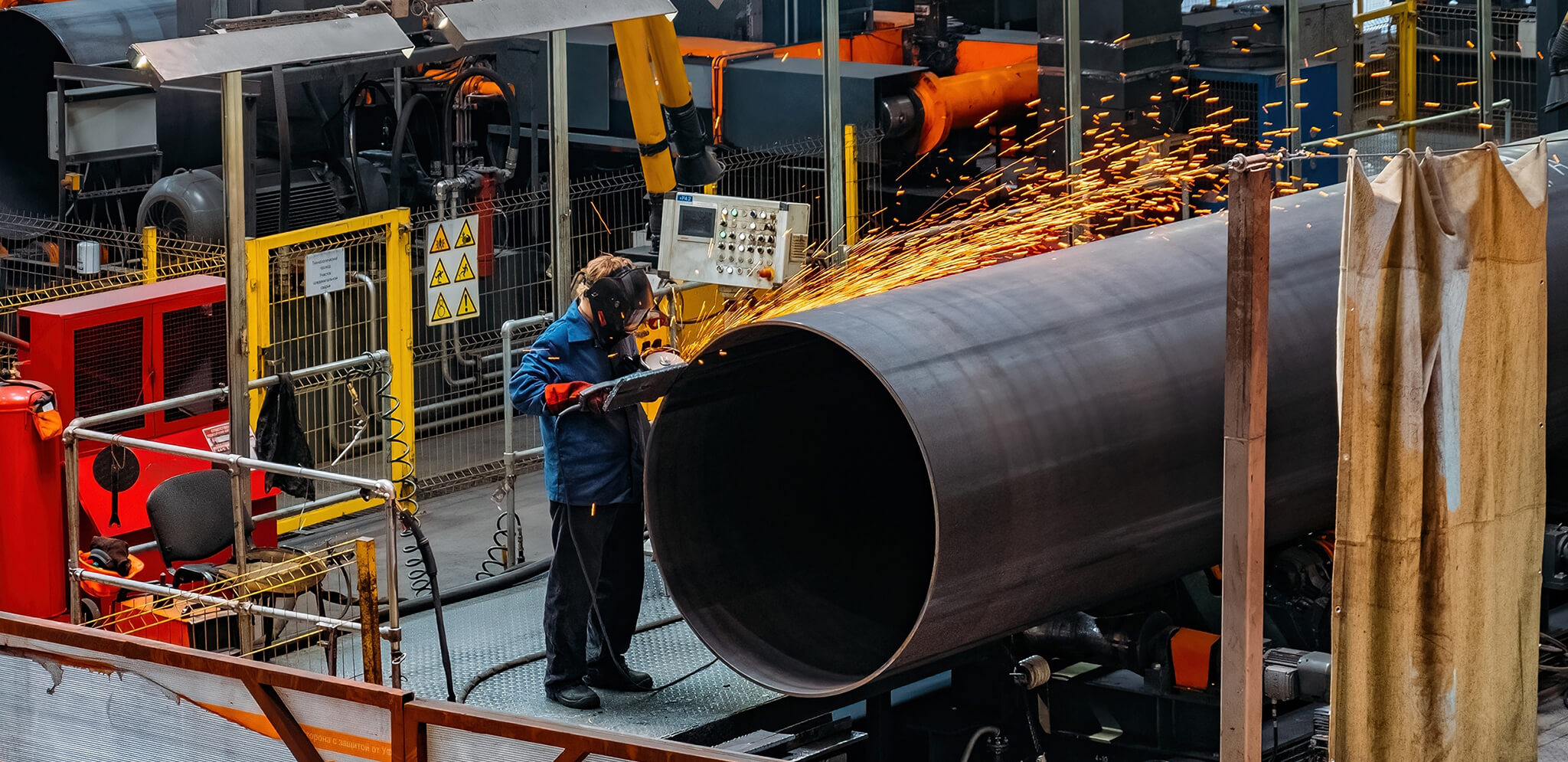Water Meters
A water meter is a device that measures the amount of water that is consumed by a household or business. It is a critical component of any water supply system, allowing the utility company to bill customers for their water usage accurately. This article will discuss the basics of water meters, how they work, and how they are used.
What is a Water Meter?
A water meter is a mechanical or electronic device that measures the amount of water that flows through a pipe. It is typically installed at the point where the water enters a building or property. The meter records the volume of water that passes through it, usually in gallons or cubic feet.
Water meters come in different sizes and types, depending on the application. Residential water meters are typically smaller and simpler than commercial or industrial meters. They are designed to measure the relatively low flow rates and volumes of water used in homes.
How Does a Water Meter Work?
Water meters use a flow sensor to measure the water flow rate through the meter. The most common flow sensor type is a turbine, which consists of a rotor with blades that spin as water flows through them. The rotation of the rotor is proportional to the flow rate, and this information is transmitted to the meter’s register.
The register is the part of the meter that displays the volume of water passing through it. It can be mechanical or electronic, depending on the type of meter. Mechanical registers use dials or wheels to display the volume, while electronic registers use digital displays.
Water meters are typically installed underground or in a meter box outside the building. They are connected to the main water supply line, and the water flows through them before entering the building’s plumbing system.
How is a Water Meter Used?
Utility companies use water meters to measure how much water customers use. The utility company reads the meter periodically, usually once a month, and bills the customer based on their usage.
Customers also use water meters to monitor their own water usage and detect leaks. By checking their meter regularly, customers can identify unusual spikes in usage that may indicate a leak or other problem.
In addition to billing and leak detection, water meters are also used for water conservation. Customers can identify ways to reduce their water consumption and save money on their bills by measuring their usage.
Water meters are an essential component of any water supply system. They allow utility companies to accurately bill customers for their water usage, help customers monitor their own usage, and detect leaks. By understanding how water meters work and how they are used, customers can take control of their water consumption and contribute to water conservation efforts.

